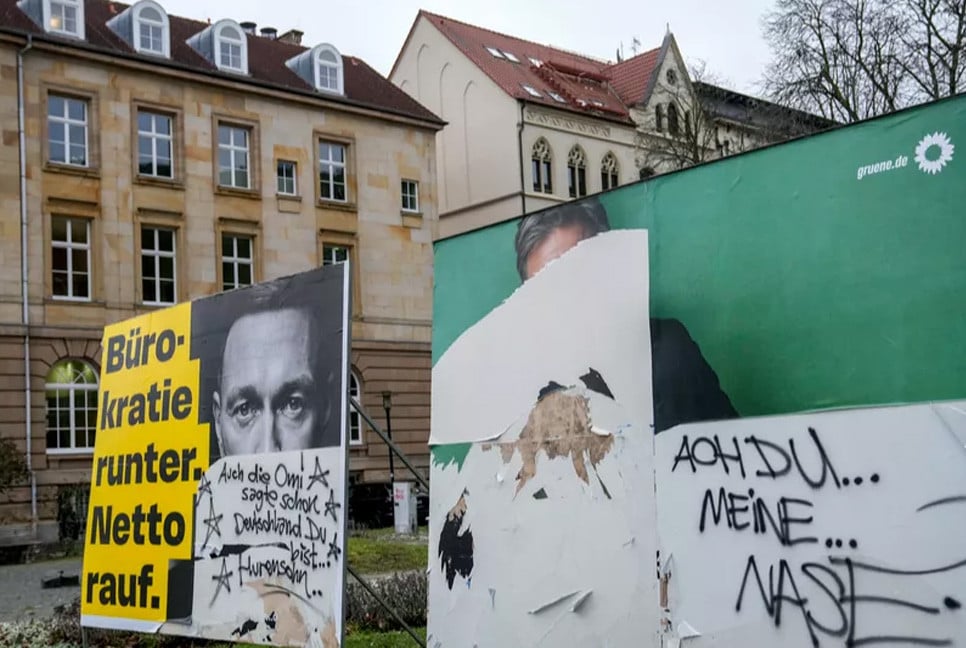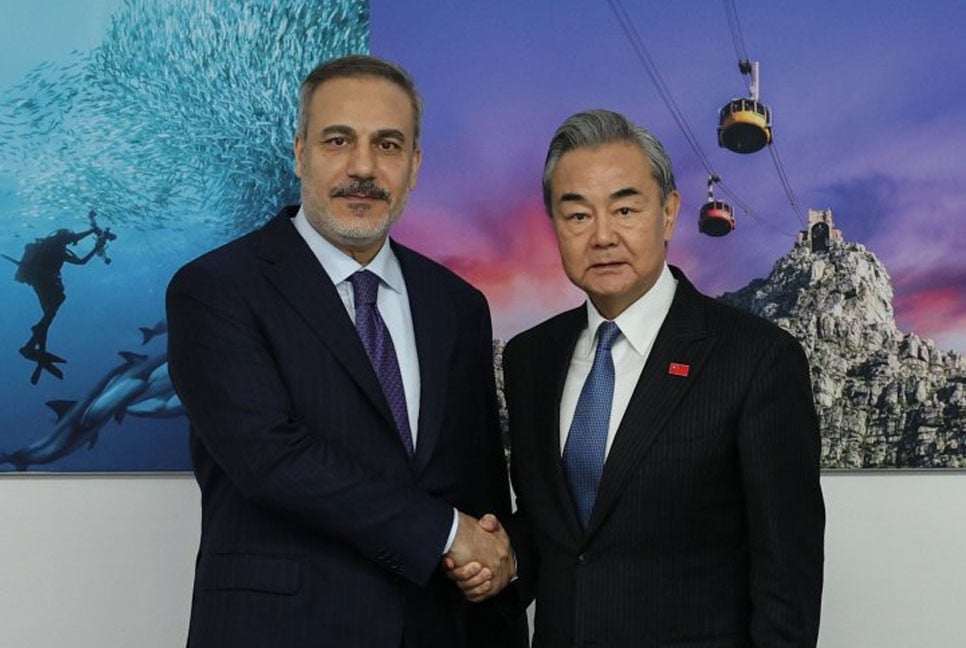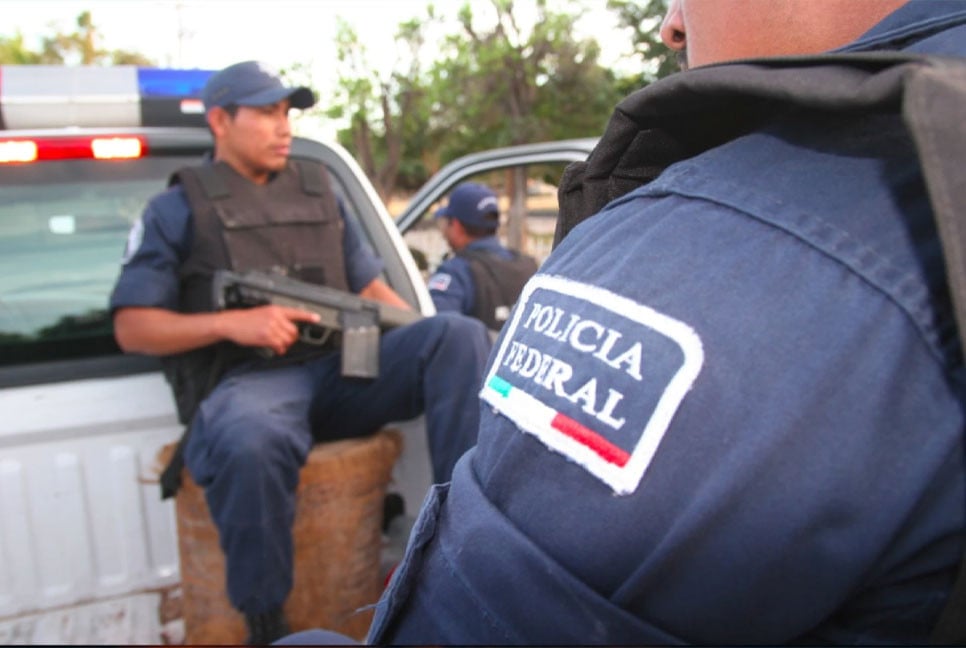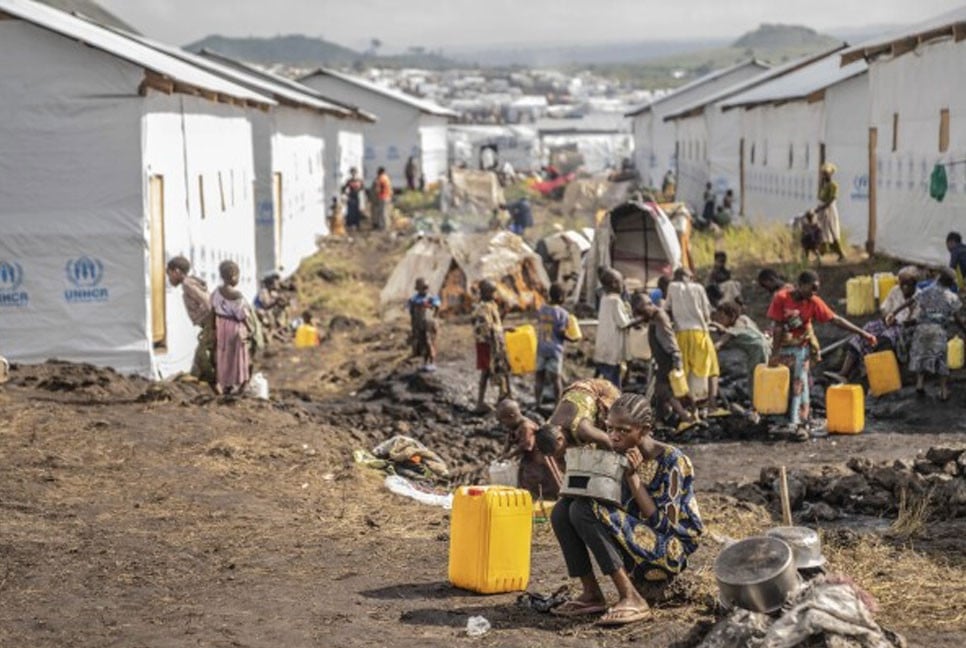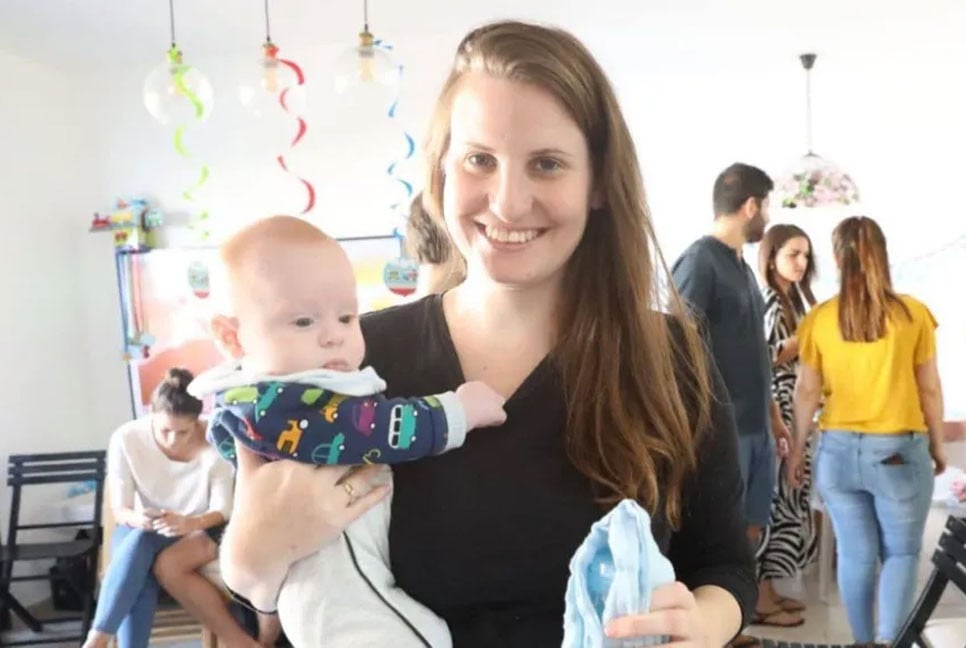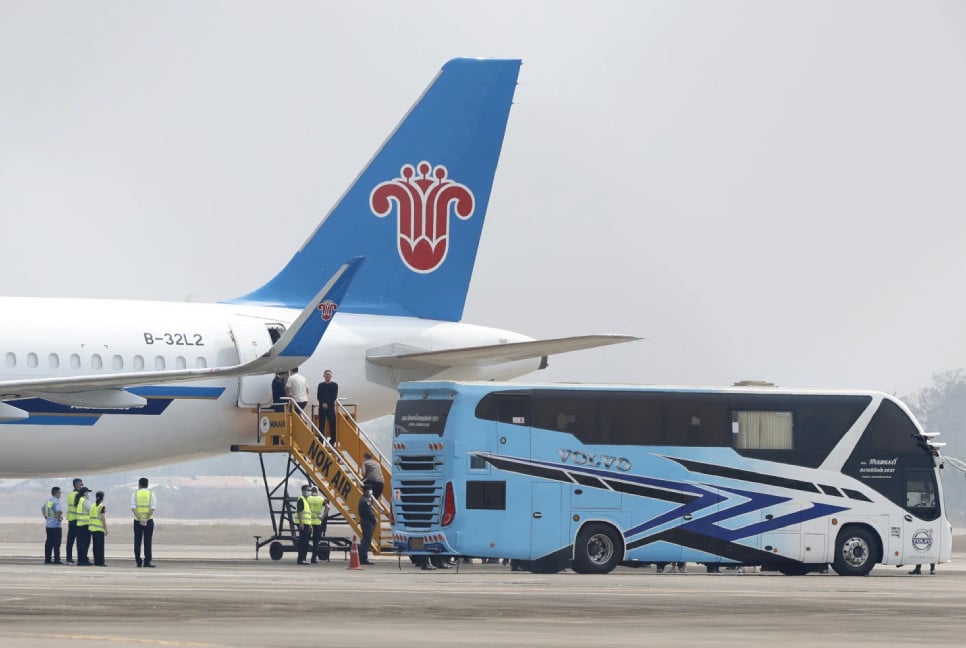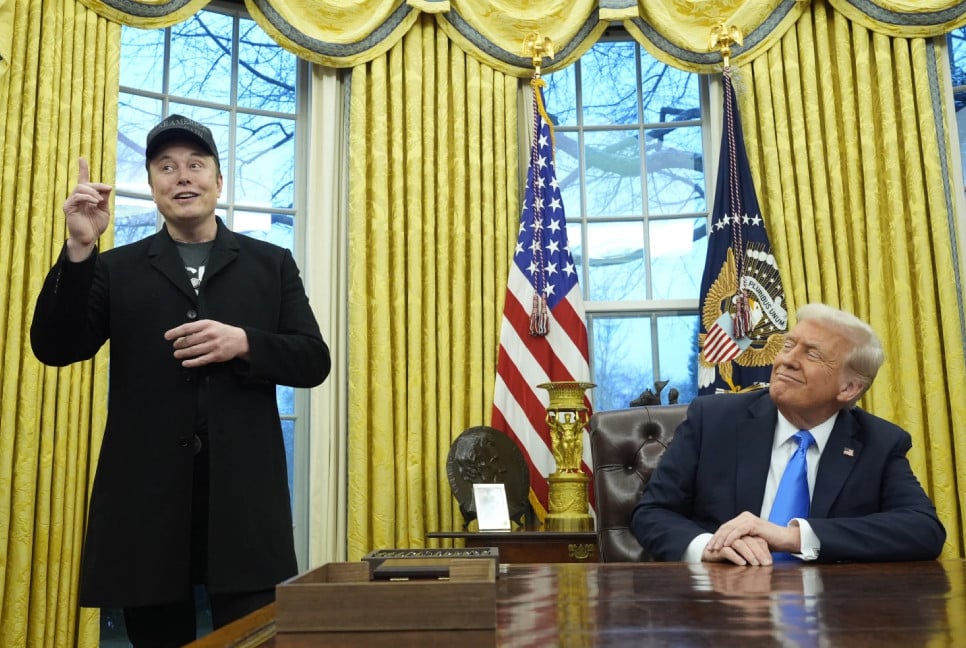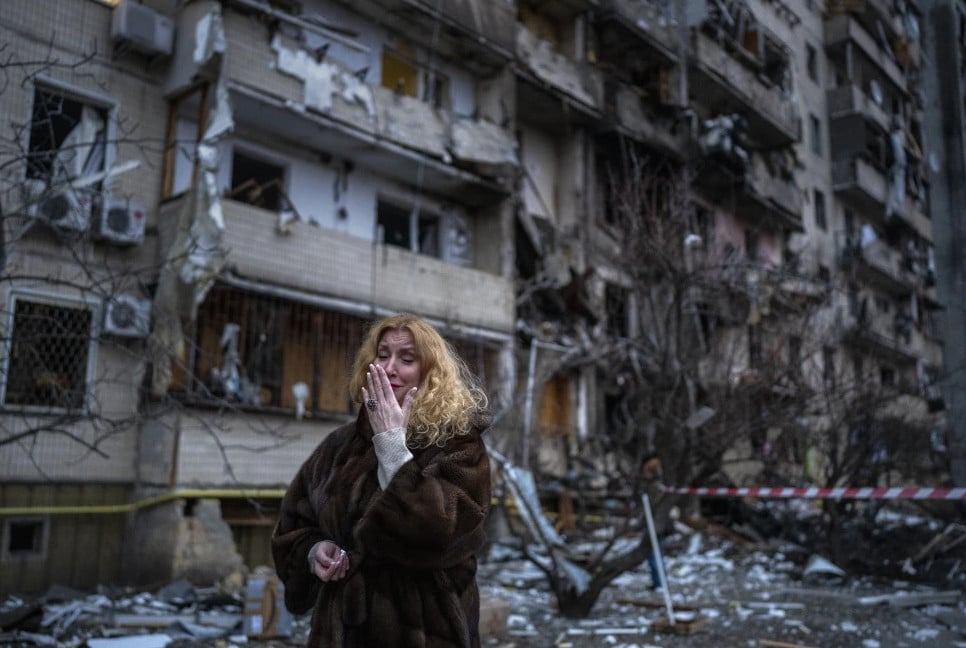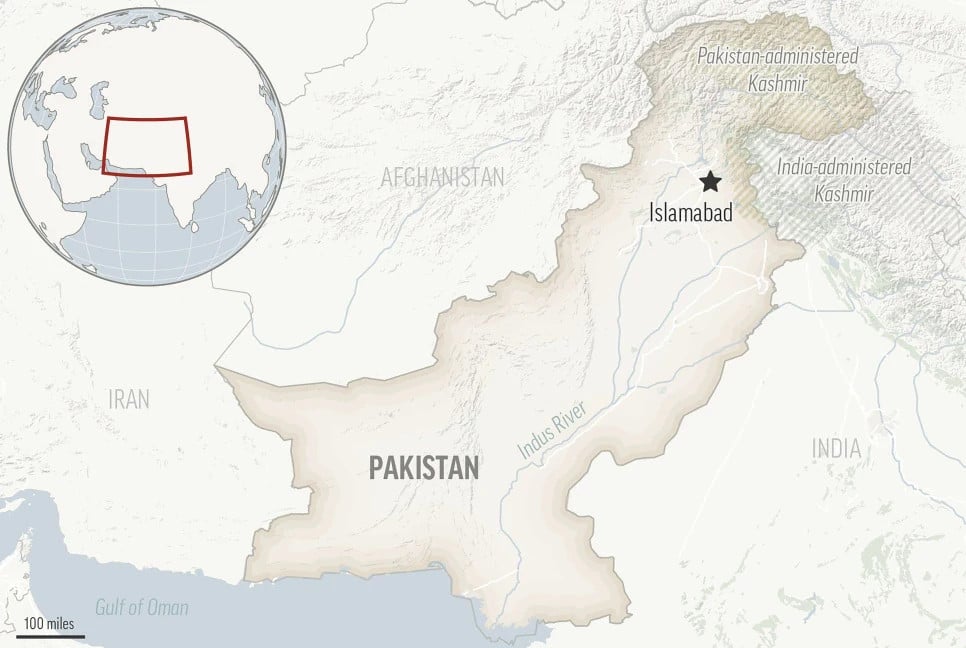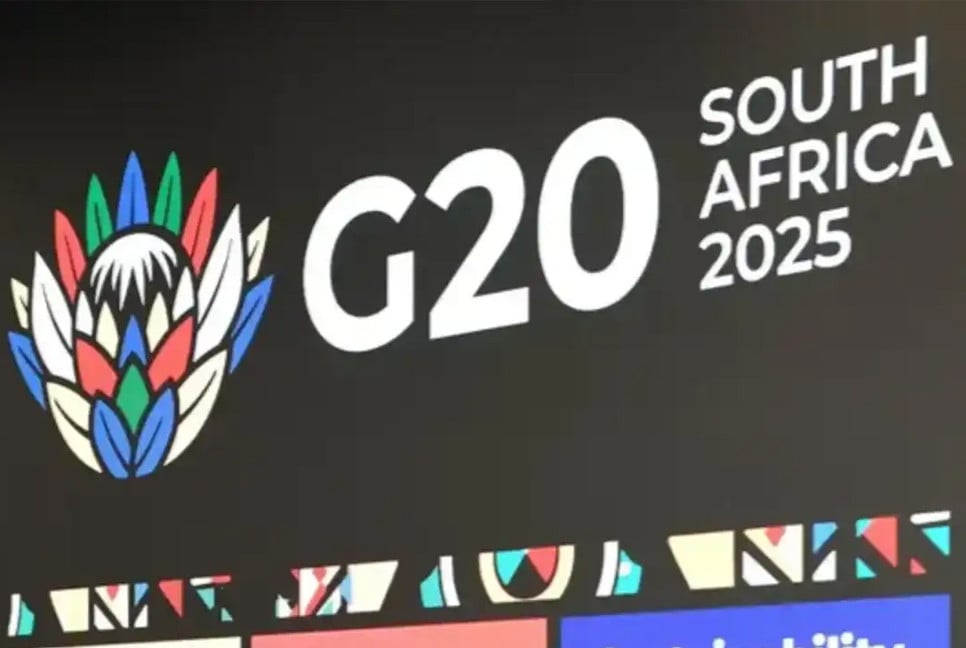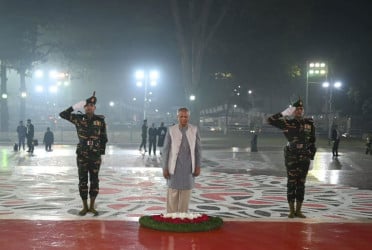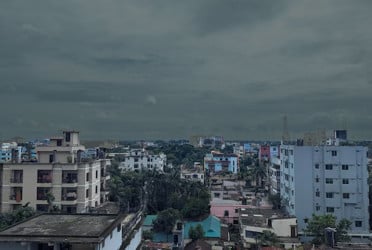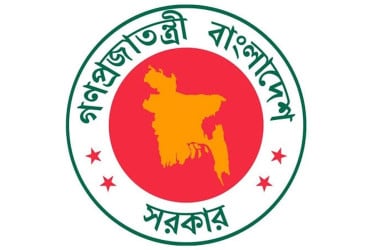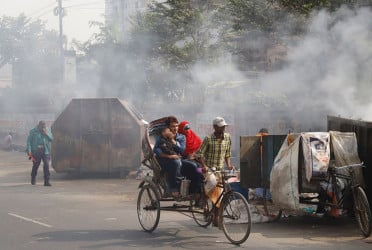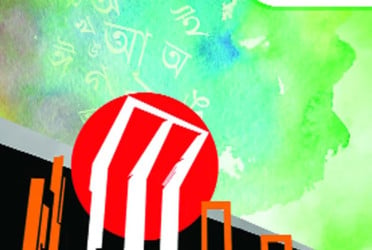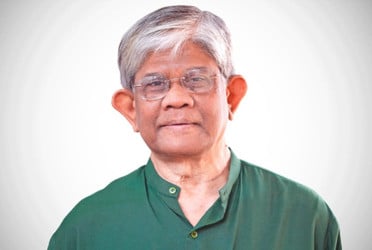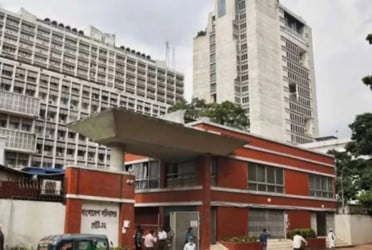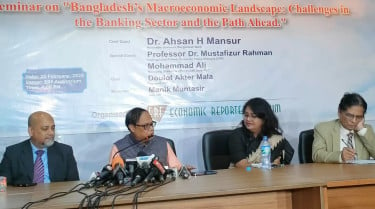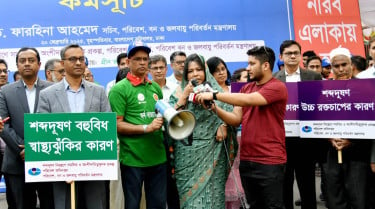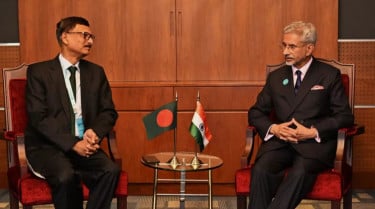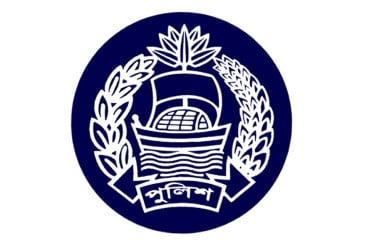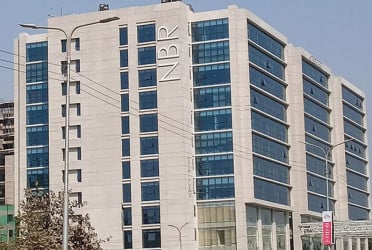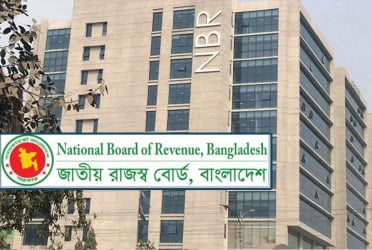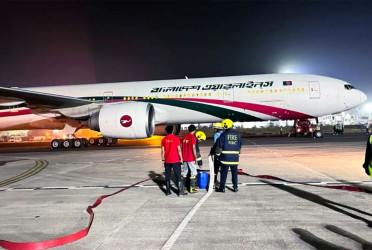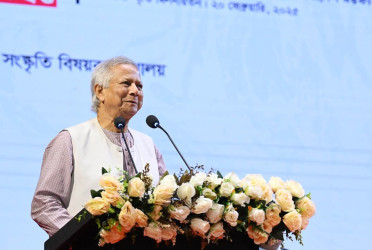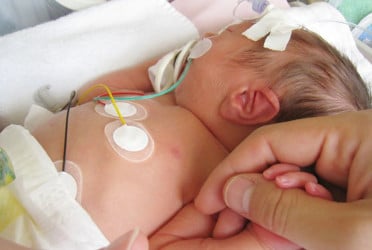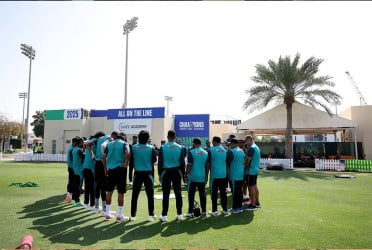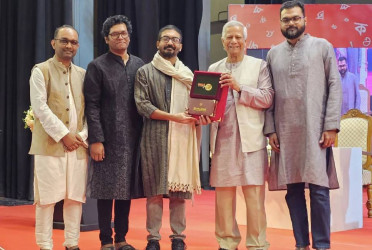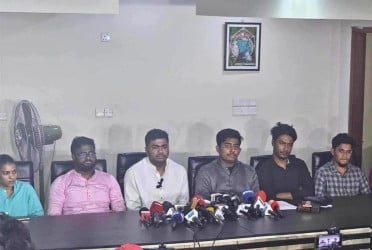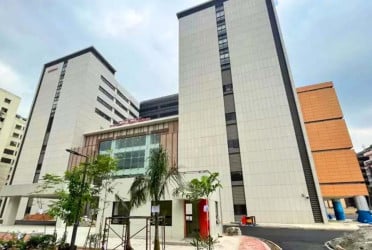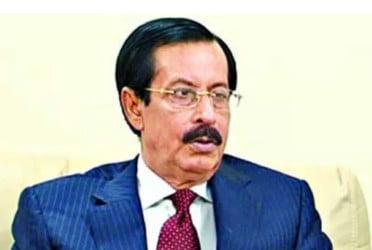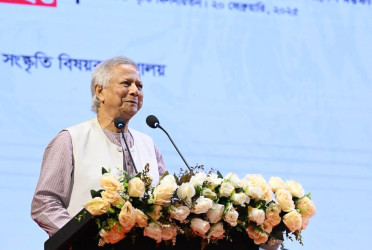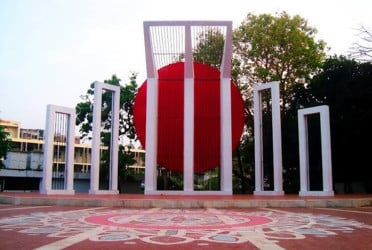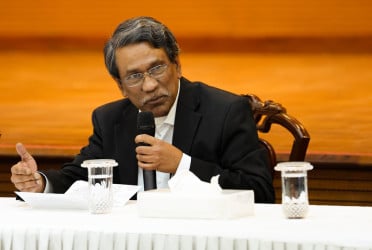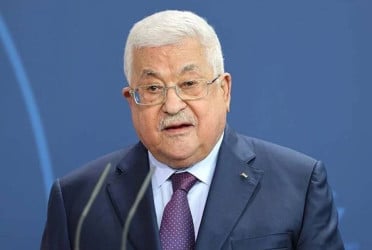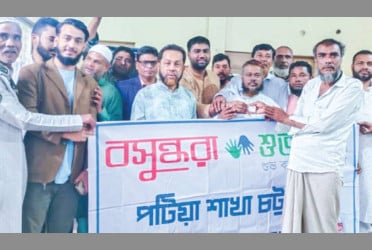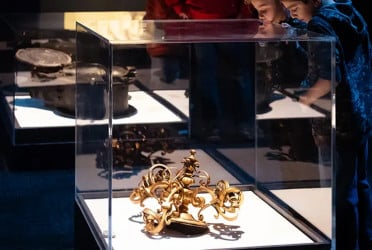When Haben Gebregergish moved to the German city of Magdeburg seven years ago, the Eritrean immigrant was on her way to the supermarket with her child when an intoxicated woman approached her on the street, reports AP.
At the time, Gebregergish did not know enough German to understand the woman’s words. However, when the woman threw a beer bottle at her head, the message became immediately clear.
It was one of her earliest encounters with racism, but far from the last. Following a deadly attack at a Christmas market in Magdeburg late last year, Gebregergish and other migrants living in the city say they have witnessed a sharp rise in racism and anti-immigrant sentiment.
“We are just like you,” Gebregergish said earlier this month. “We are no different. Like you, we have emotions. Sometimes we feel sad, sometimes we feel happy, just like everyone else.”
The Christmas market attack was one of five high-profile incidents involving immigrants over the past nine months, making migration a central issue as the country heads towards an early election on Sunday. The suspect, a Saudi doctor, drove into the crowded holiday market, killing five women and a nine-year-old boy and injuring 200 others.
The suspect arrived in Germany in 2006 and was granted permanent residency. Authorities say he does not fit the typical profile of those responsible for extremist attacks. He remains in custody as investigations continue.
A day after the December 20 attack, a large right-wing demonstration took place in Magdeburg, and verbal and physical assaults on people of migrant backgrounds have increased significantly in the city since then, according to the German-Syrian Cultural Association in Magdeburg.
“The migrant community and advice centres report that attacks have risen by more than 70% in the city,” said Saeeid Saeeid, a member of the association who moved to Germany from Syria seven years ago. “Racism already existed here and elsewhere. But since the attack, it has escalated dramatically.”
Ketevan Asatiani-Hermann, recently elected chair of the board for the Advisory Council for Integration and Migration in Magdeburg, stated that victims of racist attacks in the city often feel unsupported by politicians or the police.
“The hatred has always been there, but people were not as open about expressing it before,” said Asatiani-Hermann, who relocated to Magdeburg from Georgia in 2011.
She claimed that officers sometimes search or question victims before addressing the perpetrator, and many migrants fear that reporting an attack could negatively affect their residence status.
The Magdeburg Police Department did not respond to multiple requests for comment.
In a statement, Mayor Simone Borris said: “Cohesion and community are fundamental values of a city that must remain inviolable.” She also directed media to online services for migrants and announced that the city’s cooperation with the Advisory Council for Integration and Migration would be expanded.
Magdeburg is situated in the former communist east, a region where the far-right and anti-immigrant Alternative for Germany (AfD) party enjoys its strongest support. Heading into the election, the party is polling in second place with around 20% support and is fielding its first candidate for national leadership.
Although it is unlikely to gain power soon, the party has become a force that other politicians cannot ignore, significantly influencing Germany’s migration debate.
The election’s outcome—and a potential increase in AfD’s influence—could have a profound impact on Magdeburg’s politics and daily life, Asatiani-Hermann said.
Saeeid stated that the city’s migrant community feels isolated and wants direct engagement from elected officials to address their concerns.
“We will not allow Magdeburg to become a battleground for racism and hatred,” he said.
Bd-Pratidin English/ AM

